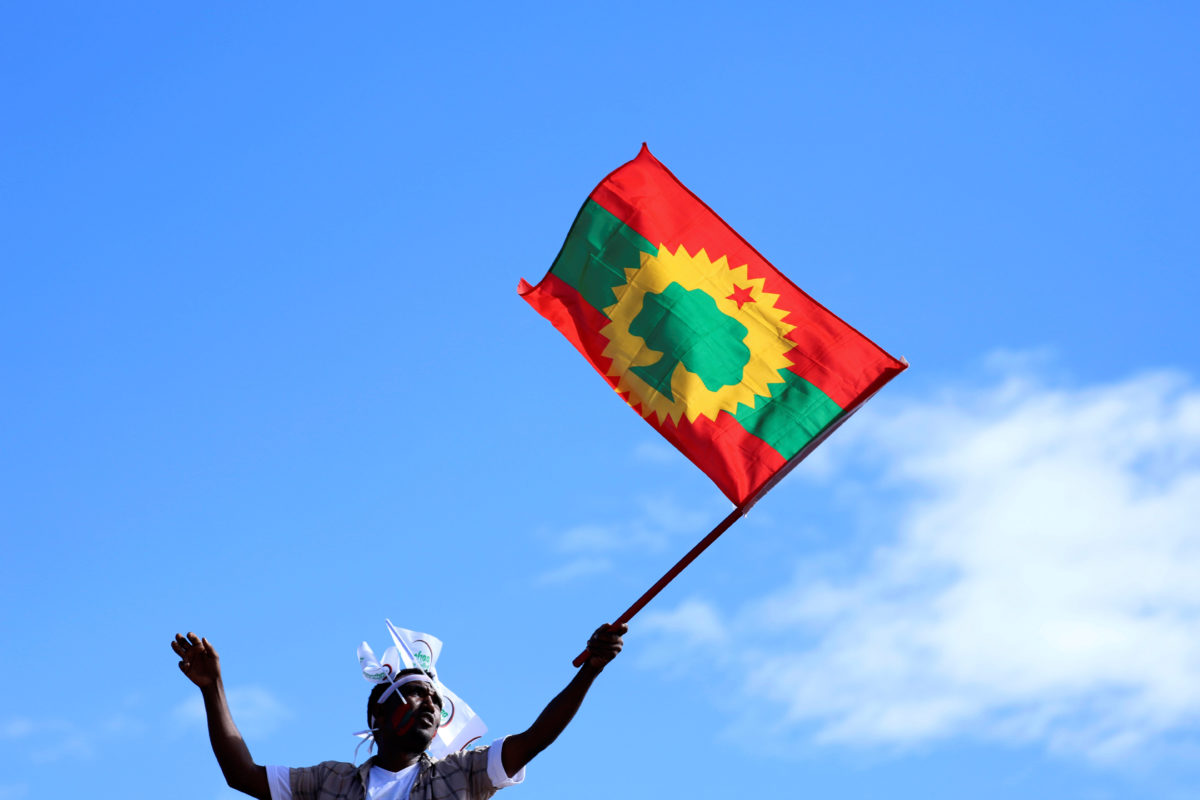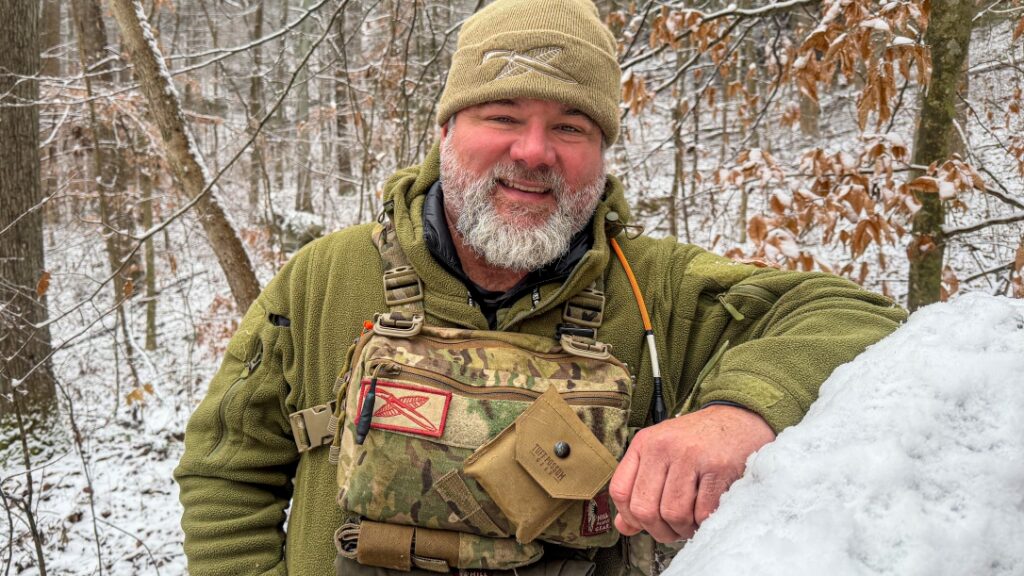NAIROBI, Kenya (AP) – Witnesses in Ethiopia say more than 200 people, mostly ethnic Amhara, have been killed in an attack in the country’s Oromia region and are blaming a rebel group, which denies it. It is one of the deadliest such attacks in recent memory as ethnic tensions continue in Africa’s second most populous country.
One witness tells The Associated Press he saw 230 dead and “we are burying them in mass graves, and we are still collecting bodies.” Witnesses and the Oromia regional government blamed the Oromo Liberation Army for the attacks. The rebel group denies it.
And that is it, that was the blurb on a massacre to rival the United States’ most devastating, Wounded Knee. Only the 9/11 attacks killed more people in a single event.
Advertisement — Continue Reading Below
This does not invalidate any of the recent horrors here in the States. What it is for is perspective.
The world, yes the West too, is a violent place. We are none of us immune to the motivated violence of a minority opinion group, or an individual, just because it is both horrific to the public at large and against the law. Both of those things, in fact, can be cited as motivations in various incidents. Among the other triggers of trauma, violently contrarian and shock infamy also rate as motivations for assailants attacking defenseless or under defended targets. The more shocking, often, the “better” in their viewpoint.
So why do we continue to insist on two impossibilities?
- ‘Developed Nations’ should be immune to violence, despite all evidence to the contrary
- We are the only ‘Developed’ nation where violence is prevalent, despite all evidence to the contrary.
Also, and probably the most disturbing, why are we so much more okay with it when it happens in an ‘understandable’ geographic location? Over 230 people have been massacred, by someone for some reason (suspected OLA, who denied it), and yet our attitude is much more, ‘Oh, what a horrible tragedy… but, it is Ethiopia’ as if to say, “What can you expect, from ‘them’? They aren’t westerners, after all.”
Advertisement — Continue Reading Below
We cope this odd distortion when it comes to violence worldwide. We are eager to point out the absolutely vile nature of an attack like Tops, or Uvlade, or Pulse, or Mandalay Bay, and suggest all the ways it could be prevented through good order (laws) and if things that exist just didn’t. Yet when it happens in another space, another place and with another set of norms to their existence we default to more generalized sympathies.
We aren’t advocating for rounding up every assault rifle in Ethiopia, not in any realistic way, not with force. Yet we want to try that here. We want to try something we openly acknowledge would be impossible in another space. We then try and obfuscate and pretend the space is so different from our own, that Ethiopia and its 115 million inhabitants are so much different that us and our 330 million that we should tackle these problems in astoundingly different ways. That groups violent unlawful actors in Africa are somehow different than groups of violent unlawful actors here, in any way other than the amount of force that can be brought to bear against them and their knowledge of those reprisals in impacting their goals.
The reason we are as peaceable as we are, even with our current violent crime and homicide rates, is because so few people in scale decide to use violence as their currency. There are vast differences regionally here in the states. The same is true in Europe. The same holds true in Africa and the Middle East, in Asia, in South America too.
Advertisement — Continue Reading Below
Yet we insist on both that the US is special and should be immune from _____ type of violence and that because we are special this type of violence in other, non-western, locales is tragic but not surprising. We act like it is surprising here. We act like our cultures are so much more progressive here.
Much of this inconsistency can be accounted for by the emotive closeness of an incident too. 230 people dying in a foreign nation, or Chicago hoods in six months, or in combat versus Russia, all feels distant and there is less immediacy to ‘solving’ it. It’s why mass shootings and mass killings are purposefully obfuscated and filtered by their emotive usability. Most ‘mass shootings’ stop being usable beyond their inclusion in number of events, because the event was feloniously related and those activities are ones we accept adjacent to violence. We do this with anywhere we consider violent also. Africa, the Middle East, Chicago, the the reputation of somewhere influences our emotive response to an incident there. Distance does too. Our reaction to Bataclan in France, or Nice also in France, were muted by distance and the attackers. In both cases, Islamic extremists. The death count between those two very western incidents is similar to this one in Ethiopia. The base motive is similar, too.
We will still scale incidents emotively rather than rationally, which is why we continue to repeat the falsehood that ‘this only happens here’ after close incidents.
Advertisement — Continue Reading Below
Ultimately, it isn’t that it only happens here… It’s that we only care when it happens here, in a certain emotive way. A very human reaction.















